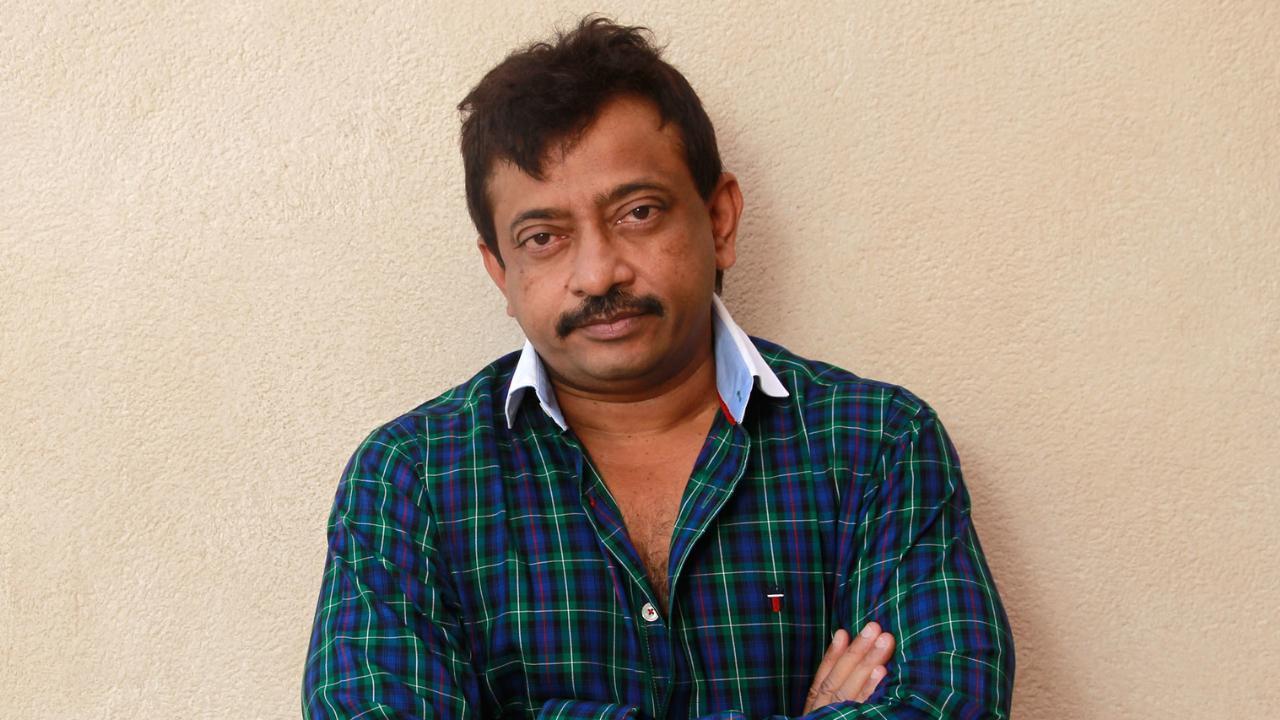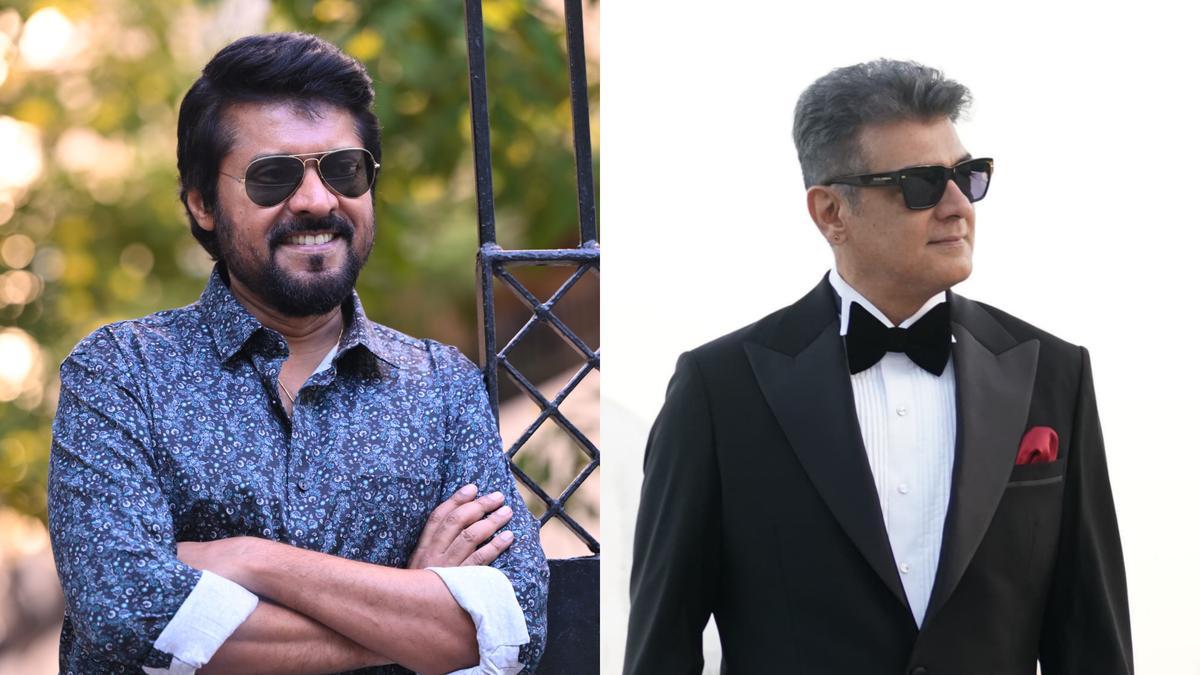
In what can only be described as a dramatic turn of events, acclaimed Indian film director Rajkumar Santoshi has been granted temporary respite from a two-year prison sentence, which was imposed upon him in relation to a cheque bounce case. The director’s lawyer has come forward to state emphatically that the allegations against Santoshi are both invalid and unfounded.
Rajkumar Santoshi, a prominent figure in Bollywood, recognized for his work on upcoming film ‘Lahore 1947’ featuring stars Aamir Khan, Sunny Deol, and Preity Zinta, fell into legal trouble when he was sentenced to prison by a court that also ordered him to pay twice the amount he allegedly owed to the complainant.
The root of the controversy dates back to 2015 when Santoshi reportedly borrowed Rs. 1 Crore from Ashok Lal, the Jamnagar-based owner of Shreeji Shipping, to fund a cinematic project. According to claims, Santoshi attempted to repay the loan with 10 separate cheques, each valued at Rs. 10 lakhs. These cheques, however, were dishonored in December 2016, prompting Lal to pursue legal action under the Negotiable Instruments Act, due to sustained difficulties in contacting Santoshi.
Magistrate Gadhavi, in his judgment, weighed in heavily on the policies governing sentencing in cases brought under Section 138 of the Act. He delineated that the maximum penalty that could be imposed upon conviction might entail up to two years imprisonment or a fine potentially reaching double the cheque amount – or both.
However, Santoshi’s defense paints a different picture, challenging the veracity of the prosecution’s case. Binesh Patel, Santoshi’s advocate, promptly released a statement upon the bail grant, highlighting the defense’s plan to appeal against the magistrate court’s verdict. Patel contested the prosecution’s failure to produce concrete documentary evidence that Santoshi received any money and pointed to their admission that a third party was responsible for the transaction and provided altered cheques unbeknownst to Santoshi.
Patel’s statement sheds light on the perplexing aspects of the case, “First of all, the court has stayed its judgment for 30 days and granted Mr. Santoshi bail after we sought time to appeal against the judgment at a higher forum.” He added, “…on the ground of invalid and false claims, alterations happened in the cheques, the fact that the complainants do not want to present or call in the said third party who had collected the money, about Mr. Santoshi does not know. So we shall appeal at a higher forum with the above highlighted points and even more.”
As the case unravels, legal experts and film industry observers alike are keenly watching developments. The contention that no direct evidence exists linking Santoshi to the monetary transaction, coupled with the mystery surrounding the alleged third party, has sparked questions regarding the robustness of the prosecution’s case.
Rajkumar Santoshi, meanwhile, continues in his dual capacity as a creative mind at the forefront of an enthralling new project and as a defendant in a legal saga fueled by claims of invalid and false accusations. His bail has allowed him a momentary reprieve from incarceration, but the story is far from over as the director and his legal team gear up for what promises to be an arduous legal battle, aiming to ensure that the truth prevails and that Santoshi’s reputation as one of India’s cinematic stalwarts remains untarnished.










